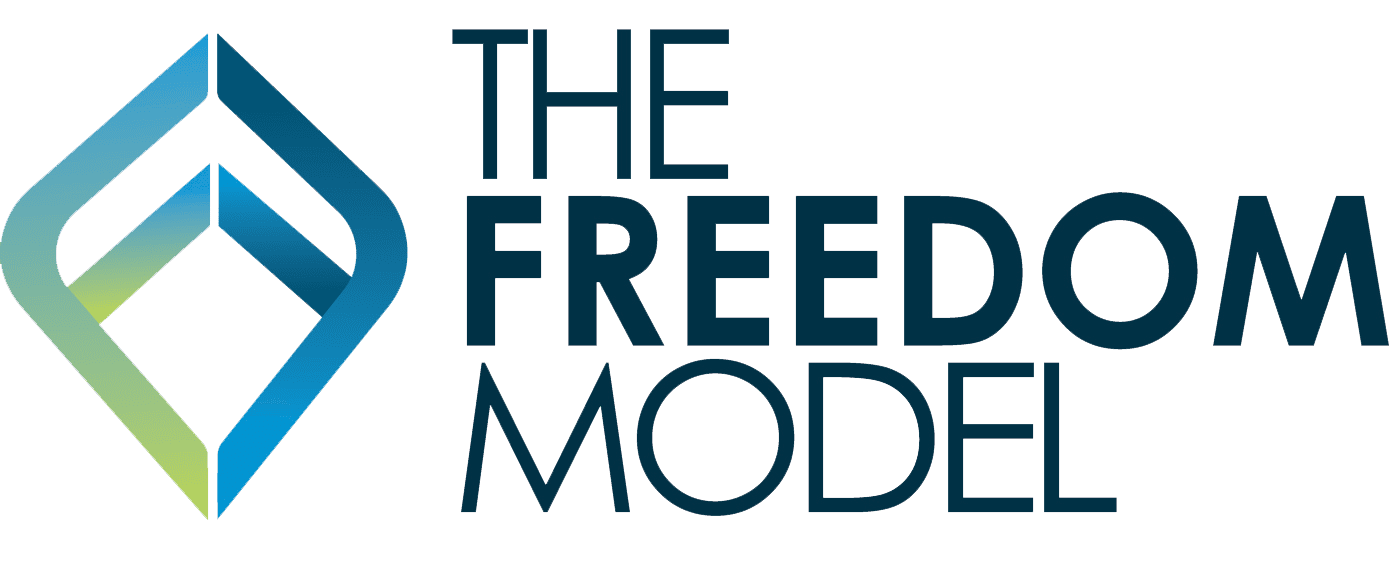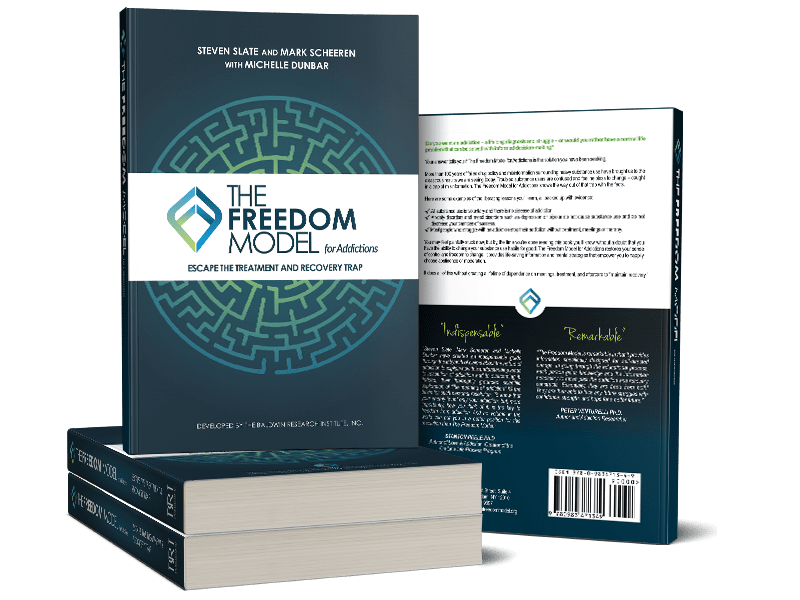You Asked, We Answered
Addiction Questions
If the addiction disease concept is correct, then I really do not have free will, right?
You bring up a fundamental flaw in the disease concept that seems to get easily ignored by those in the recovery society who promote the disease theory. A genuine disease (think cancer here) is beyond one’s control. The onset is random and the person is a genuine victim. The addiction disease proponents will say on the one hand that the person afflicted has no free will (like a cancer victim they say) – that their brain has been hijacked – and then in the next breath will say that the “chronic relapser” “didn’t want it bad enough.” Well, which is it? Is the person responsible for their quitting substances, or are they diseased. For example, no one tells the stage 4 cancer patient – “You’re dying” because you “didn’t want recovery badly enough.” The disease model is bunk, has always been bunk, and can never be classified as a true disease (regardless of what the treatment community says as their official disease policy). All people possess their pursuit of happiness, free will and their own autonomous mind, all of which are the answer to heavy substance use habits. This is discussed in chapter 11 of The Freedom Model for Addictions in some detail:
“The pursuit of happiness is the engine behind all human behavior (it is the positive drive principle), but if you look around, it’s clear that people pursue happiness in many ways. Where does that individual expression come from? Why does one person see her best path to happiness in heavy substance use, whereas the next person does not? The most basic answer is that all people have free will and mental autonomy, two aspects of human consciousness that allow each person his own unique thoughts and perspectives on the world.
Free will is simply the ability to choose, a uniquely human attribute that arises from the depth of our consciousness. People can store and retrieve knowledge of the past, develop abstract conceptual knowledge, and reason logically with such knowledge. Then, they can use all this to project the potential outcomes of several potential courses of action at any given moment. They can choose because they are conscious enough to be aware of more than one potential course of action at any given time (and they are not ruled by instincts like animals are). This means that you choose your thoughts and beliefs, the level of mental effort you will put into your decisions, and where to focus your attention, and, of course, through all this, you ultimately choose your physical behaviors.
Mental autonomy is another uniquely human attribute, which makes each person the master of her own mind and thus her own behavior. You are conscious of your world through your own senses and experiences, so whoever you are is made up of this collection of conscious experiences and unique vantage point. Nobody can walk in your mental shoes (or see through your eyes, as it were). This is a realm that is accessible to only the individual who experiences it. Likewise, your mind can’t be controlled by other people or circumstances, but rather, you are in control of your own mind at all times. You’re the only one in there.”


0 Comments